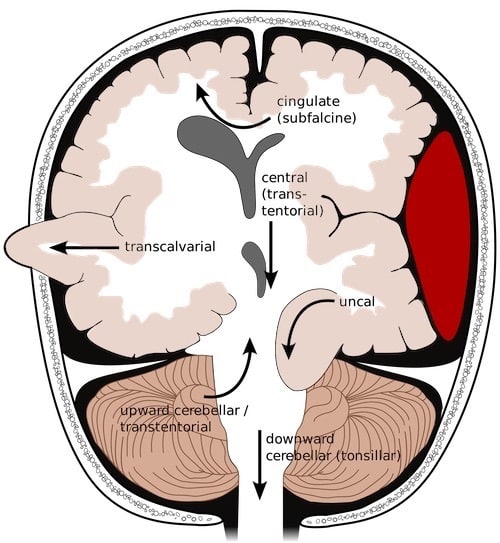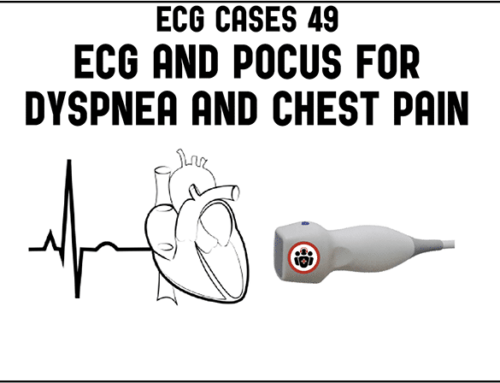In anticipation of the upcoming EM Cases main episode on Pediatric Polytrauma Dr. Suzanne Beno, Co-director of the Trauma Program at the Hospital for Sick Children in Toronto, tells her Best Case Ever of a child who suffers a severe traumatic head injury with signs of raised intracranial pressure and cerebral herniation. She discusses the importance of being vigilant when presented with classic patterns of injury, the use of hypertonic saline, crisis resource management and shared decision making with consultants…
Podcast produced by Rajiv Thavanathan & Richard Hoang
Shownotes by Anton Helman, March 2017
Take Home Points from this Best Case Ever on Pediatric Cerebral Herniation Management
- Hypertonic saline is the drug of choice for pediatric raised ICP, is easy to administer, does not require preparation like mannitol dose, and an easy way to remember the initial dose is the rule of 3’s: 3mL/kg over 3 minutes.
- In-situ simulation exercises involving training for crisis resource management are important in preparing teams for rare time sensitive emergencies.
- In situations where you are confident about the clinical diagnosis and imaging would delay time to definitive management that is required emergently, consider foregoing imaging.
- Be vigilant for classic patterns of injury that may not initially appear to be to be severe at presentation but have potential for devastating outcomes such as non-accidental trauma and handle-bar injuries.
Additional Resources on Pediatric Cerebral Herniation & Management of Raised Intracranial Pressure
Excellent concise review article on management of pediatric raised ICP from Pediatric Emergency Care Full PDF
Review of intracranial hypertension and herniation from Neurocrit Care with good section on pediatric considerations
Guidelines for management of pediatric severe traumatic brain injury from Pediatric Critical Care 2012 Full PDF
Pediatric head injury main episode on EM Cases
EMCrit podcast on Brain Code
ICP management update on emDocs
Crisis resource management on EM Sim Cases





Leave A Comment